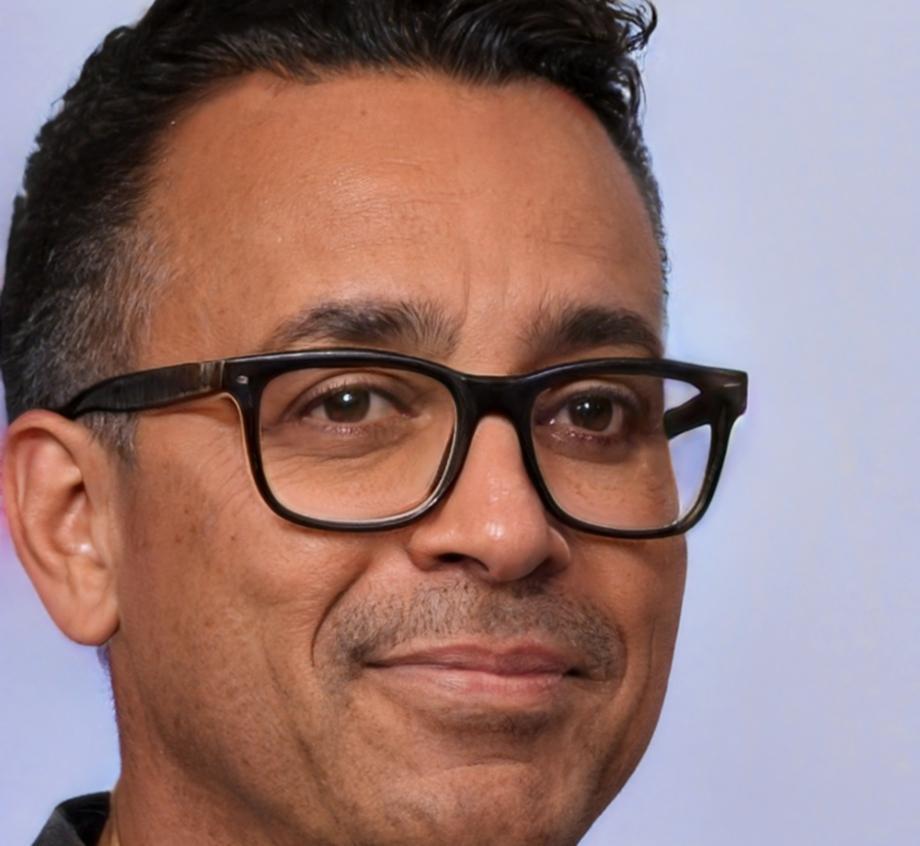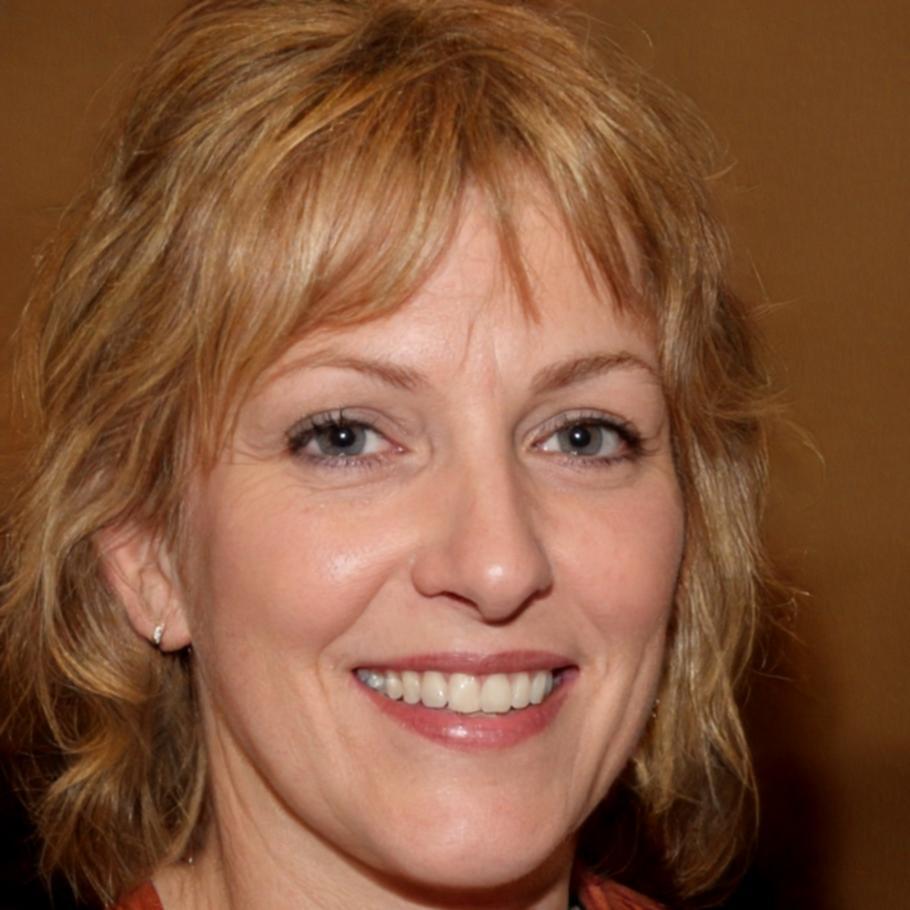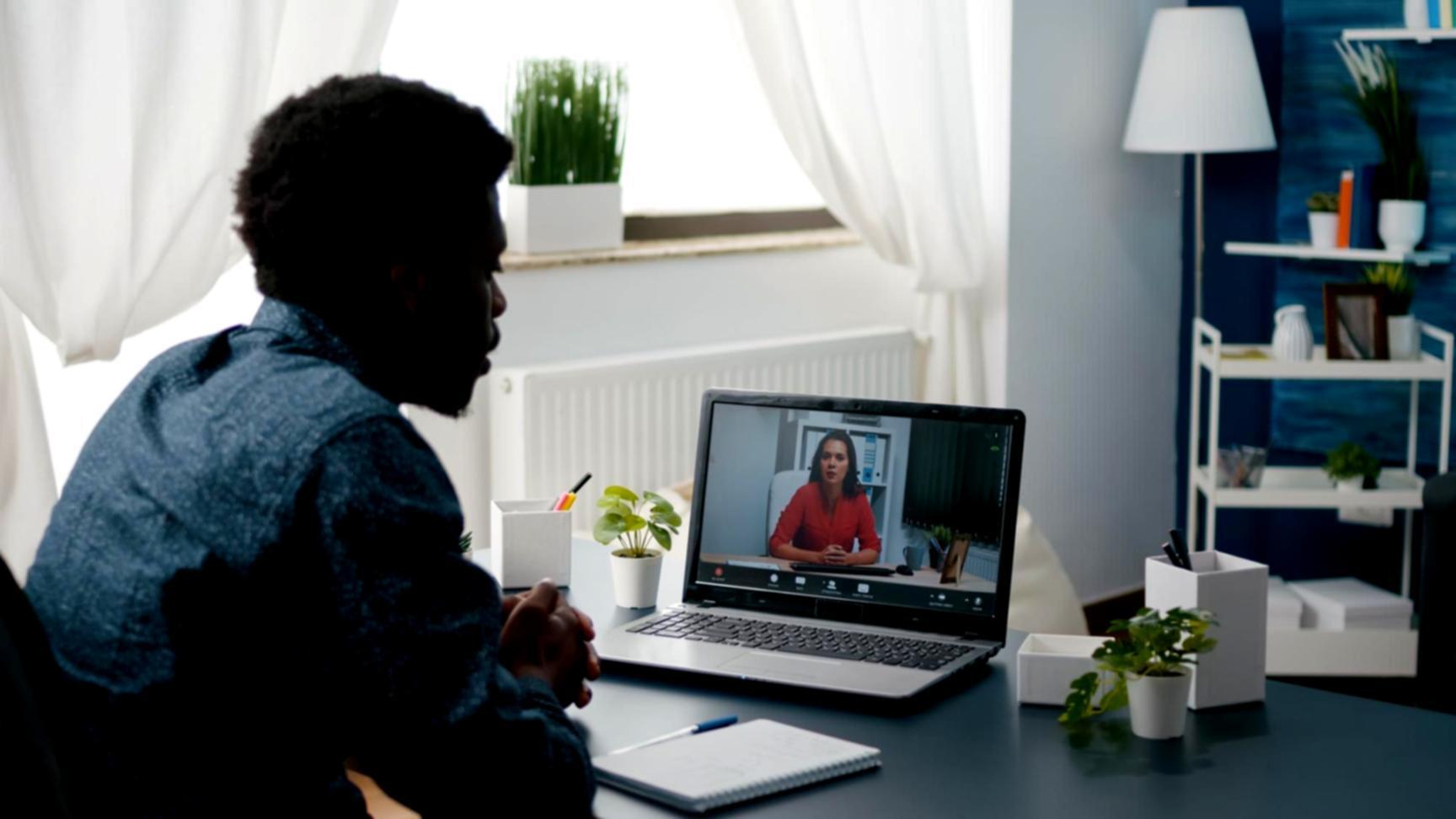Budget Management Skills for Real People
Most Australians don't need complex finance degrees. They need straightforward training that actually works when bills arrive and decisions matter. We built something practical—no fluff, just methods you'll use next month.
Talk to Us About JoiningWhat You'll Actually Learn
Six modules spread across nine months. Each one builds skills that connect to the others—but you can start wherever your current knowledge sits.
Understanding Money Flow
Where your money goes, why it disappears faster than expected, and how to track patterns without drowning in spreadsheets. We start here because clarity beats complexity.
Building Your Budget System
Creating budgets that flex with real life—not rigid plans that break the first week. You'll build frameworks that handle irregular income and unexpected expenses.
Software Tools That Help
Hands-on training with budget platforms you'll keep using. We cover the Australian-friendly options that connect to your actual banks and accounts.
Debt Strategy and Reduction
Practical approaches to paying down what you owe while keeping life functional. This isn't about guilt—it's about math that works in your favor.
Saving Without Suffering
Methods that build savings through small shifts rather than dramatic sacrifices. Most people can't sustain extreme frugality, so we don't teach it.
Planning for What's Ahead
Looking three, six, twelve months forward without panic. You'll practice scenario planning for job changes, major purchases, and life transitions.



Who Teaches This Stuff
Declan Thornbury runs most sessions. He spent fourteen years helping families untangle messy finances before realizing the same patterns showed up repeatedly. Now he teaches prevention instead of repair.
Siobhan Killick handles the software workshops—she's tested every budget app available in Australia and knows which ones actually sync properly with our banking systems. Her demos use real accounts (sanitized, obviously) so you see genuine data.
Astrid Vanhanen leads the scenario planning modules. She's particularly good at helping people think through transitions like career changes or major life shifts without getting paralyzed by options.
Small group sizes mean you get feedback on your actual budget, not generic advice. We cap at twelve participants because that's where conversation stops being useful.
How the Nine Months Work
Our next cohort starts September 2025. You'll meet twice monthly for three-hour sessions, with support between meetings when questions come up.
First Three Months
You're building foundation skills—tracking, understanding patterns, setting up systems that match how you actually live. Expect homework, but nothing that requires more than ninety minutes weekly. Most people start seeing clearer pictures of their finances by month two.
Middle Three Months
Now we tackle the harder stuff—debt strategies, savings automation, software implementation. This phase gets specific to your situation. You'll present your budget to the group and get practical suggestions from people facing similar challenges.
Final Three Months
Forward-looking work. What happens when your income drops or spikes? How do you plan for a house deposit or career change? We run scenarios using your real numbers and build contingency plans that reduce anxiety without creating paranoia.
After Completion
You get six months of follow-up access—quarterly check-ins and ongoing forum support. Most participants don't need much help by this point, but knowing backup exists matters when new situations arise.

Why This Works Better Than Self-Study
You can find budget advice anywhere online. Free spreadsheets, apps, YouTube tutorials—there's no shortage. So why does structured learning help?
Accountability changes behavior. When you know you'll discuss your progress with a group, you actually do the work. Self-study sounds good but rarely survives contact with busy life.
Feedback prevents expensive mistakes. Left alone, people build budgets that look reasonable but have fundamental flaws—usually around irregular expenses or optimistic income projections. Having experienced eyes review your work catches problems before they become crises.
Past participants report the group dynamic teaches as much as the curriculum. Hearing how others solved problems you're facing beats generic advice every time.
And honestly? Budgeting feels tedious when you do it alone. In a group, it becomes collaborative problem-solving. People get competitive about finding savings opportunities or optimizing strategies—which sounds silly until you experience how motivating it becomes.
Ask About Starting in SeptemberWhat Actually Changes for People
We don't promise you'll get rich or retire early. Most participants just want to stop feeling anxious about money—and that happens more reliably than dramatic wealth building.
Common shifts we see: people stop overdrafting accounts, they build small emergency funds that prevent crisis borrowing, and they make spending decisions based on numbers rather than vibes. Not glamorous, but these changes reduce daily stress significantly.
Some participants discover they can afford things they thought impossible—often because they're not bleeding money on forgotten subscriptions and poorly-timed purchases. Others realize they need to earn more rather than just budget better, which is valuable clarity even if it's uncomfortable.
The software skills transfer well. Several past participants now handle budget planning for small businesses or community organizations, which wasn't the goal but turned into practical opportunities.
